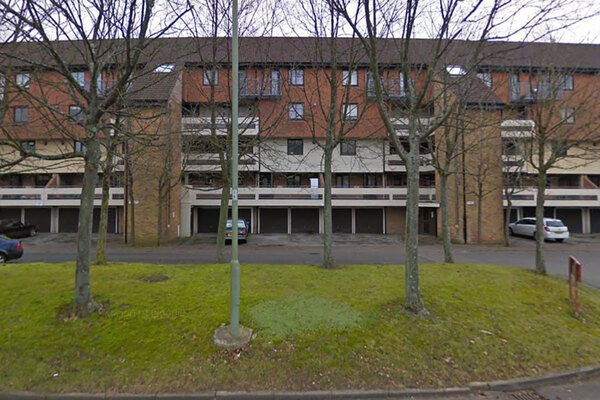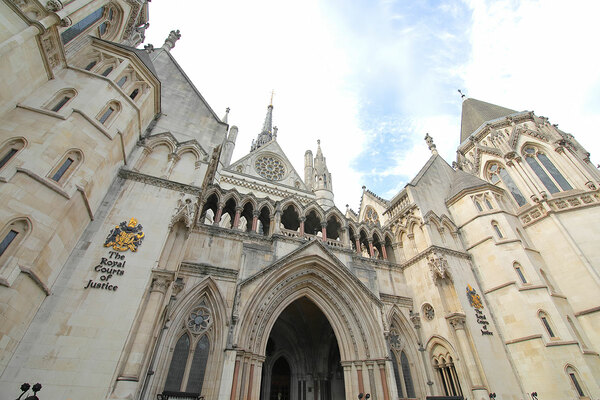You are viewing 1 of your 1 free articles
Large housing association loses appeal on case that could give leaseholders more power to dispute major works
A large housing association has lost an appeal against a tribunal decision that could boost the power of leaseholders to challenge service charges when major works are carried out on their building.
In a judgement handed down last week, the Court of Appeal upheld an Upper Tribunal decision that Aster Group must pay for an expert to advise leaseholders on whether work the landlord had proposed to carry out on their building was necessary.
One solicitor told Inside Housing that the case will probably have a wider impact on social landlords and could be of significance in some building safety cases where there is a dispute about the works required.
The case concerned a 1960s development known as Kingsway Gardens in Andover.
In 2016, Aster informed residents of its plans to carry out major works including repairs to concrete, windows and doors.
The dispute revolves around repair works to the block’s balconies, which were expected to cost almost £300,000.
These balcony works were not mentioned in the original cost estimates sent to leaseholders.
In instances where a landlord is planning to spend more than £250 per leaseholder on works it must enter a legal consultation process outlined under Section 20 of the Landlord and Tenant Act 1985.
However, it is common for landlords to be granted an exemption, or dispensation, from this consultation process as long as they agree to pay the reasonable legal costs of leaseholders looking to challenge the application for dispensation.
The Aster case is significant as the association has also been ordered to pay for “an expert nominated by the lessees to consider and advise them on the necessity of replacing all the balcony asphalt at the main blocks” in order to be granted dispensation from the consultation requirements.
Liam Spender, a senior associate at Velitor Law and trustee of the Leasehold Knowledge Partnership, said the ruling “redresses the balance in favour of leaseholders”.
He said landlords often “give as little information as possible” to leaseholders when they are intending to carry out major works and tend to treat the Section 20 process as a “formality”.
As a leaseholder affected by the cladding scandal, Mr Spender said this ruling could also be significant in cases where leaseholders do not agree with the scope of work proposed by the freeholder.
“I am a leaseholder in a block and I have been served with a Section 20, but the Section 20 notice consists of one line, which is ‘we’re going to do works to the external walls of the building’,” he said.
“So how am I supposed to know from that what the works are, whether they’re actually chargeable under the lease, whether they’re improvements, whether they’re all strictly required by law?
“It’s that sort of case where it would be helpful because there’s no way I or any of the leaseholders here can go off and take advice from a professional on what those works could be and whether they need to be done.”
A spokesperson for Aster said: “We accept the outcome of the Upper Tier tribunal, confirmed by the Court of Appeal and will not be progressing the application further.
“The outcome grants us dispensation from the Section 20 consultation requirements on the condition that we cover the cost of an expert report prepared on behalf of leaseholders. The expert report will relate to one aspect of the work carried out under a larger major works scheme.
“We will be contacting the legal representative acting on behalf of leaseholders shortly so that they can progress with obtaining the expert report. This outcome does not change the service charge costs for leaseholders and the court did not make any award of legal costs to either side.”
Sign up for our asset management newsletter
Already have an account? Click here to manage your newsletters













